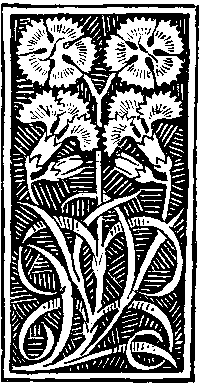The Naked Truth:
The Postfeminist Afterlives of Irene Adler
Keywords:
adaptation, aftering, agency, clothing, gender, neo-conservative, neo-Victorian/Victorian, postfeminst, sexuality, Sherlock HolmesAbstract
The article addresses the transformations of Irene Adler, the female character of Arthur Conan Doyle’s first Sherlock Holmes short story ‘A Scandal in Bohemia’ (1891) in recent literary and screen adaptations and appropriations. The focus is on the most current rendition of Irene Adler in the BBC’s TV series Sherlock from 2012 (series 2, episode 1), with reference to the use of the character by the same name in the two Guy Ritchie films, Sherlock Holmes (2009) and Sherlock Holmes: A Game of Shadows (2011), as well as in the earlier, arguably neo-Victorian mystery novel Goodnight, Mr Holmes by Carole Nelson Douglas (1990). The article analyses the noticeable curtailment of Adler’s agency combined with her overt sexualisation in the screen afterlives. Such “afterings” (Humpherys 2007: 442) of the only female character to outwit the legendarily astute detective are examined in the light of seemingly unwavering postfeminist and neo-conservative trends present in mainstream, big budget TV and film adaptations and appropriations of nineteenth-century classics.


